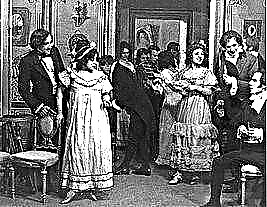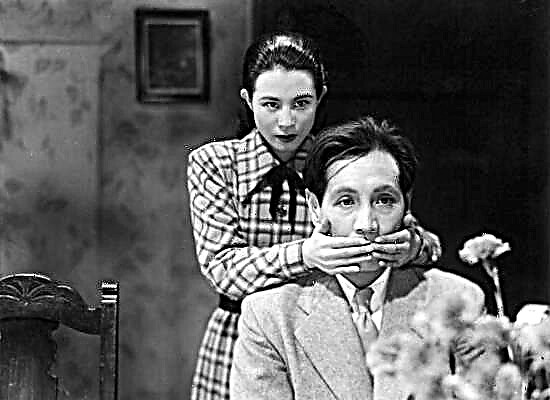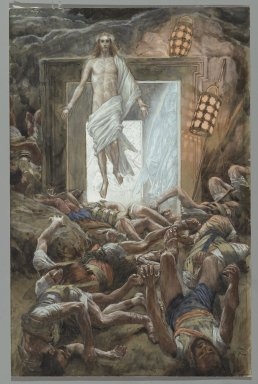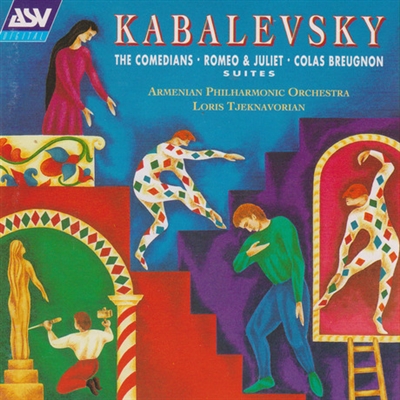The name "Lysistrata" means "Destroyer of War." Aristophanes gave such a name to the heroine of his fantastic play about how women, with their female means, achieved what men could not — put an end to the great war. The war was between Athens and Sparta, it lasted ten years, it was Aristophanes who opposed it in the comedy The Riders. Then there were several years of truce, and then the war started again. Aristophanes was already desperate that the landowner riders would be able to cope with the war, and he composed a comedy-tale, where the world was inverted, where women were smarter and stronger than men, where Lysistrata really destroyed the war, this fatal male venture. How? Having organized a pan-Greek women's strike. Comedies were supposed to be obscene, such is the law of the spring theatrical festival; in "Lysistratus" was where to play out all the proper obscenities.
Every strike begins with conspiracy. Lysistrata gathers for conspiracy deputies from all over Greece to the square in front of the Acropolis of Athens. They are going slowly: who has the laundry, who has the cooking, who has the children. Lysistrata is angry: “I am calling you to a great cause, but at least something for you! if something else were big, I suppose they would have flied right away! ” Finally gathered. “Did we all miss husbands?” - "All!" “Do we all want the war to end?” - "All!" “Are you ready to do anything for this?” - "For all!" - “So this is what needs to be done: until the men make peace - do not sleep with them, do not give in to them, do not touch them!” - “Oh !!!” “Ah, so you are ready for anything!” - “Let's jump into the fire, cut ourselves in half, give the earrings-rings - just not that !!!” Persuasions, arguments, convictions begin. “Do not resist a man against a woman: Menelaus wanted to deal with Elena - but as he saw, he threw himself into bed with her!” - “And if they grab and force?” - “Lie down and let him suffer!” Finally, they agreed, they took a solemn oath over a huge wineskin with wine: “I will not give myself to my husband or lover <...> I will not lift my white legs in front of the rapist <...> I will not stand up, like a lioness over the gate <...> But I will change - henceforth let me have water drink!"
Words are spoken, deeds begin. The chorus of women occupies the Acropolis of Athens. The chorus of men - of course, the elderly, the young after all in the war - goes to the acropolis with a fit. Old men shake with torches of fire, women threatened with buckets of water. “And I’ll burn your girlfriends with this light!” - “And here I am pouring your little light with this water!” Bickering, scramble, soaked old men run back. “Now I see: Euripides is the wisest of poets: after all, he said about women that there are no shameless creatures!” Two choirs bicker with songs.
On the stage, barely moving his legs, the oldest old man, a state adviser, wanders. The main part of any Greek drama begins - the argument. “What are you not getting into your own business?” - says the adviser. “War is a man’s business!” (This is a quote from Hector's farewell to Andromache in The Iliad.) “No, and female,” Lysistrata answers, “we lose husbands in war, we give birth to children for war, should we not take care of peace and order!” - “You women started to rule the state?” - "We, women, rule the same household chores, and not bad!" - “But how do you unravel government affairs?” - “But in the same way as we untangle the yarn on a spinning wheel every day: we will increase the villains, we will beat good people, squeeze solid threads from the side, / And we will straighten a single strong thread, and we will wind a large ball, / And we will fasten the base together, weave from it for Athenian people shirt. "
The counselor and the choir, of course, do not withstand such impudence, bickering, brawls, dashing songs from both sides begin again, and again the women come out victorious,
But to triumph early! Women, too, are men, they also miss men, they just look, as if to scatter from the acropolis, and Lysistratus catches them and puts them to rest. "Oh, I still have the wool on the bench, I need to tumble!" - “We know what your coat is: sit!” - “Oh, I have a non-rolled sheet, I need to ride!” - “We know, sit!” - “Oh, now I give birth, now I give birth, now I give birth!” - “You're lying, you weren’t pregnant yesterday!” Again persuasion, again admonition: “And do you think it is easier for men? Whoever stays over will win. Yes, look: one man is already running, he has not suffered! Well, who is his wife here? lure him, kindle him, let him feel what it would be like without us! ” An abandoned husband appears under the wall of the acropolis, his name is Kinesis, which means “Pusher”. All comic actors relied on large leather phalluses, and this one he’s right now is gigantic. "Come to me!" “Ah, no, no, no!” “Have pity on him!” - "Ah, sorry, sorry, sorry!" - "Lie down with me!" - “Make peace first.” “Maybe we’ll make peace.” “Then, maybe, I'll lie down.” - "I swear to you!" “Well, now, I’m just running away for the rug.” - "Come on soon!" “Now, just bring a pillow.” - “No strength!” - "Ah, ah, how could it be without a blanket." - "You bring me!" - "Wait, I'll bring you to rub the butter." - “And without butter, you can!” - “Horror, horror, the oil of the wrong sort!” And the woman is hiding, and the man writhes from passion and sings, howling, of his torment. The chorus of the elderly sympathizes with him.
Nothing to do, you need to make peace. The Athenian and Spartan ambassadors converge, their phalluses are so large that everyone immediately understands each other without words. Negotiations begin. Lysistrata descends to the negotiators, recalls the old friendship and alliance, praises for valor, reproaches for absurd grumpy. Everyone wants to quickly and peace, and wives, and plowing, and harvest, and children, and booze, and fun. Without haggling, they give away captured by some in exchange for captured by others. And, glancing at Lysistrata, they exclaim: “how smart!”, Not forgetting to add: “how beautiful!”, “How slim!” And in the background the female choir flirts with the old man’s choir: “Here we will make peace and again we will live soul with soul!” And the old man’s choir replies: “Ah, it’s not without reason that the old people spoke about women to us: /“ It is impossible to live with them, and you cannot do without them! ”
Peace is made, choirs sing; “We don’t remember evil, forget evil! ...” Athenian and Spartan husbands grab their wives and disperse from the stage with songs and dances.












